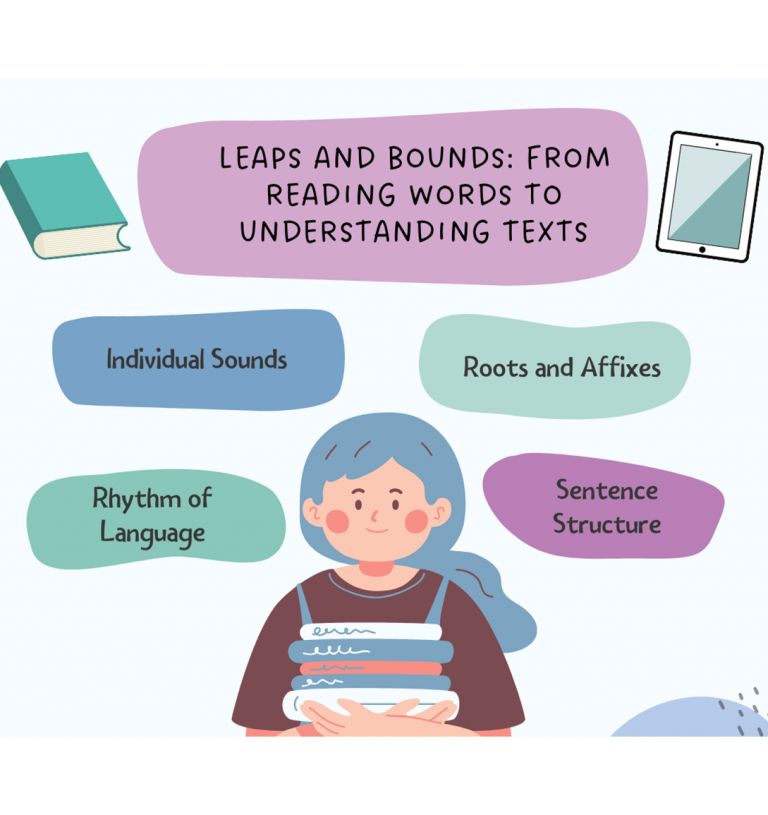Several theories of learning and studies have shown the importance of how we feel (i.e., affect) in learning for a limited set of cultural contexts. This previous research has created a considerable body of work detailing the influence of affect on learning. However, we know very little about how students’ ability to monitor and regulate their own affect (i.e., their meta-affective skills) relates to their learning or how this might differ across cultures.
The limitations in our current knowledge of the role that meta-affect plays in student reading processes are motivating us to develop sensing methods that identify student affect and meta-affective processes, understand student meta-affective processes when engaged in online literacy tasks, and investigate cross-cultural issues in how students respond to literacy-based games. The overarching goal of this research is to understand how meta-affective capabilities (i.e., awareness of and regulation of one’s emotions) influence learning and how culture influences meta-affective processes.
This project will begin by exploring differences in students’ meta-affective skills in two cultural settings, when students are interacting with a literacy-based online learning tool (i.e., EyeRead’s DreamScape). The first setting, Canada, has been reasonably well studied from the perspective of integrating and understanding student use of advanced educational technologies, like DreamScape. The second, Mexico, has been largely ignored. Once we understand these differences, we will use the data collected to try to build behavioural models that are indicative of students’ meta-affective processes when they are using game-based software that aims to support the development of their reading comprehension.
Our multi-national team consists of people from various sectors and disciplines that include education, engineering, information science, and computer science. Team members: Carrie Demmans Epp, Julia Rivard Dexter, Genaro Rebolledo-Méndez, Maria Cutumisu, Samira Hosseini.
Research Questions
To what extent do meta-affective capabilities relate to literacy development in each cultural setting (Canada and Mexico)?
What are the affective dynamics associated with high and low meta-affective students in both settings?



